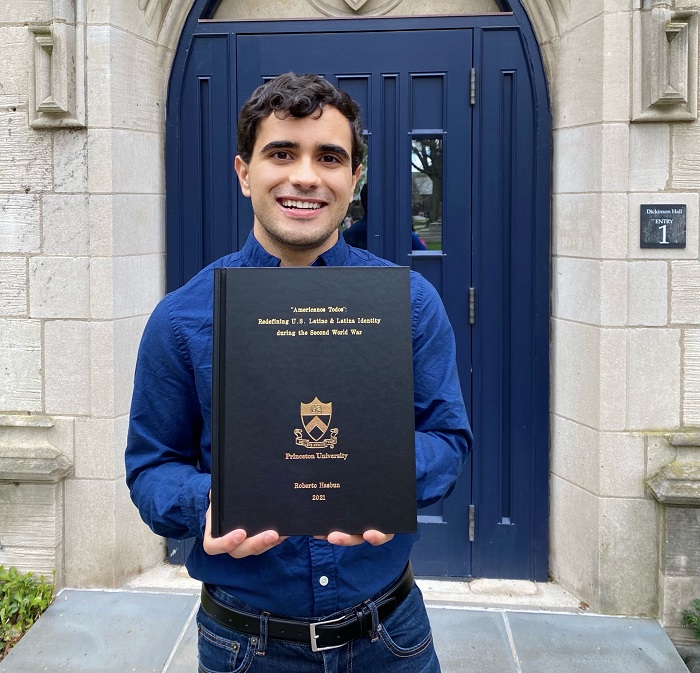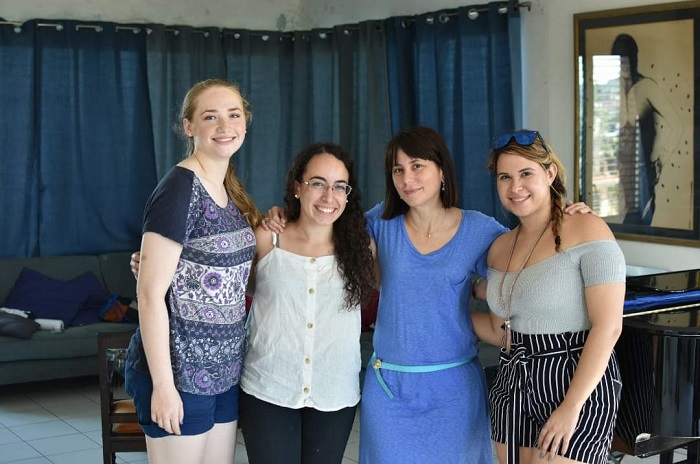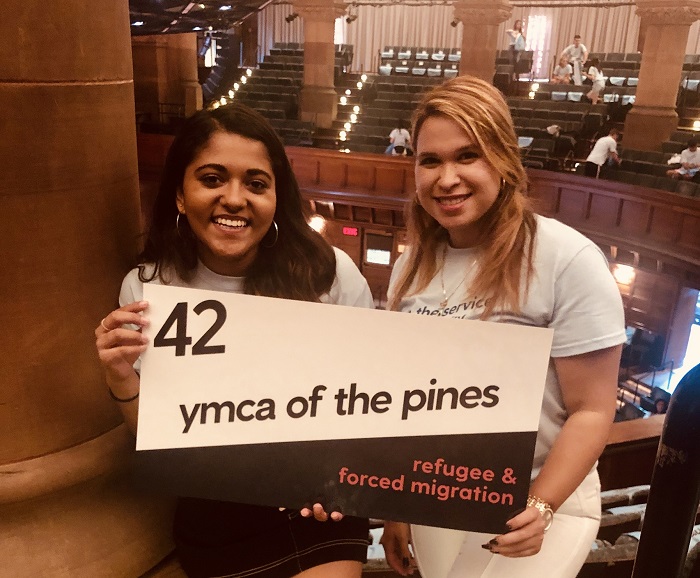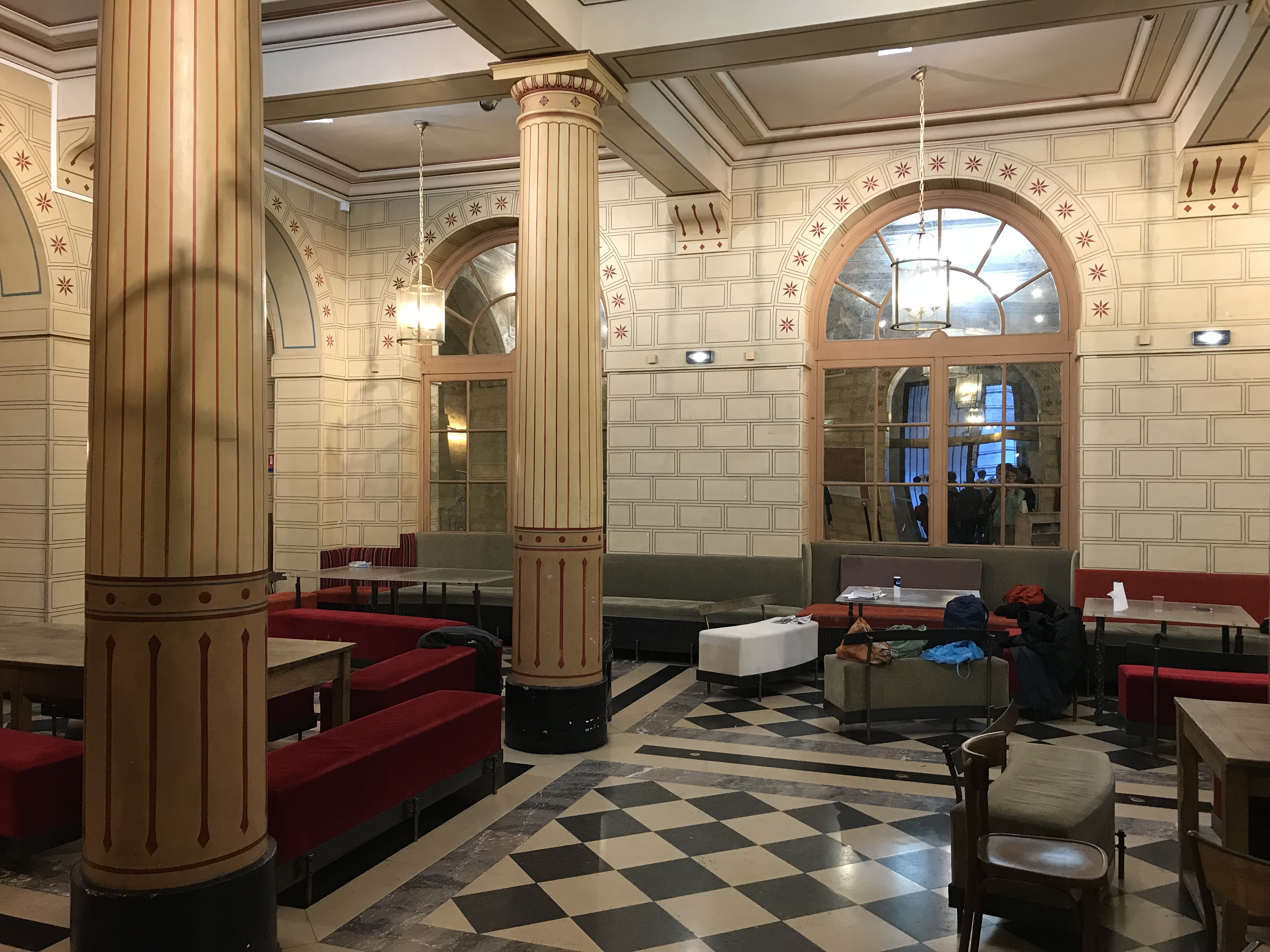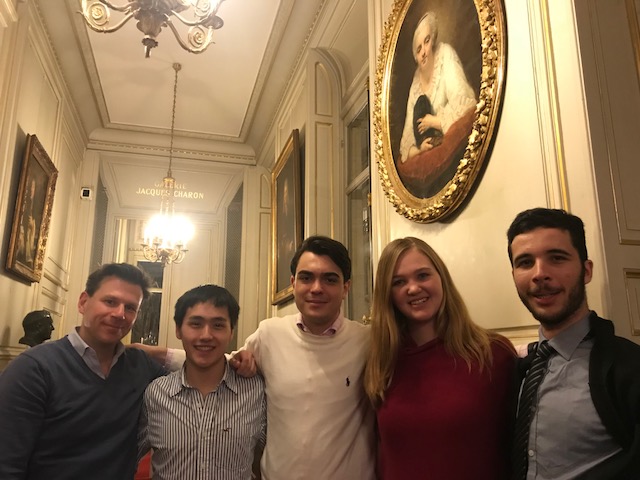I have recently taken to walking all over campus, even off-campus get out of the orange bubble, and I have noticed just how many walking paths there are. I have gone on hour-long walks down by Carnegie Lake and walked all the way until I have reached miles and miles of farmland. Some paths lead to cozy neighborhoods and others lead to peaceful and quiet scenery. I have walked in so many directions and for entire mornings. There is an abundance of greenery just outside the campus, and I have come to depend on these excursions to clear my mind when things get inevitably stressful. My most recent and pressing source of stress is settling on my plans for after graduation.
As a senior, I have been consumed by the thoughts of life after graduation. I know I definitely want to go to graduate school and get a doctorate degree in Latinx/Chicanx studies, but I am on the fence as to whether I should take a year off from school or not. I keep getting advice from so many people about all the different paths I could take as soon as May comes around. The Scholars Institute for Fellows Program has been the community on campus that I know I can depend on to support me in considering my options to make an informed decision on my future. I just want to be sure that I’m making the right decision.
On one hand, I am excited to do more research and travel again in graduate school, especially after not being able to because of the pandemic. I feel that I still want to improve my research skills because I learned so many valuable things about time management and research techniques from my junior paper on the way that Latinx immigrants were represented in the media following the immigration act of 1990. I am working on applying my newfound knowledge on my senior thesis on the way that Hispanic women on college campuses develop their identities and decide their romantic and sexual partners, but I want more opportunities to truly put into practice and execute on what I have learned.
On the other hand, pursuing a doctoral degree will take a number of years, and I might turn thirty before I get to my goal of getting my PhD in Chicanx studies. I’m worried that if I’m too focused on my research, I’ll be missing out on some fun adventures and outings with friends. If 2020 taught me anything, it is that in the blink of an eye, everything you took for granted can be swiped right from underneath you. I want my twenties to be filled with adventure, risk, and excitement, so I’m considering taking a gap year (or maybe a few) before I jump back into school.
Another option to consider is getting a job abroad, where I learn more about the world before I put my head down to work. Perhaps I will go back to my mom’s hometown in Degollado, Jalisco to reconnect with my Mexican roots. There is still so much I want to experience, and I do not want to wait until later in life to do so because of school or work. My greatest fear is to have regrets about what I could have done or should have done differently. That is why I want to take some time to myself and grow as a person first.







